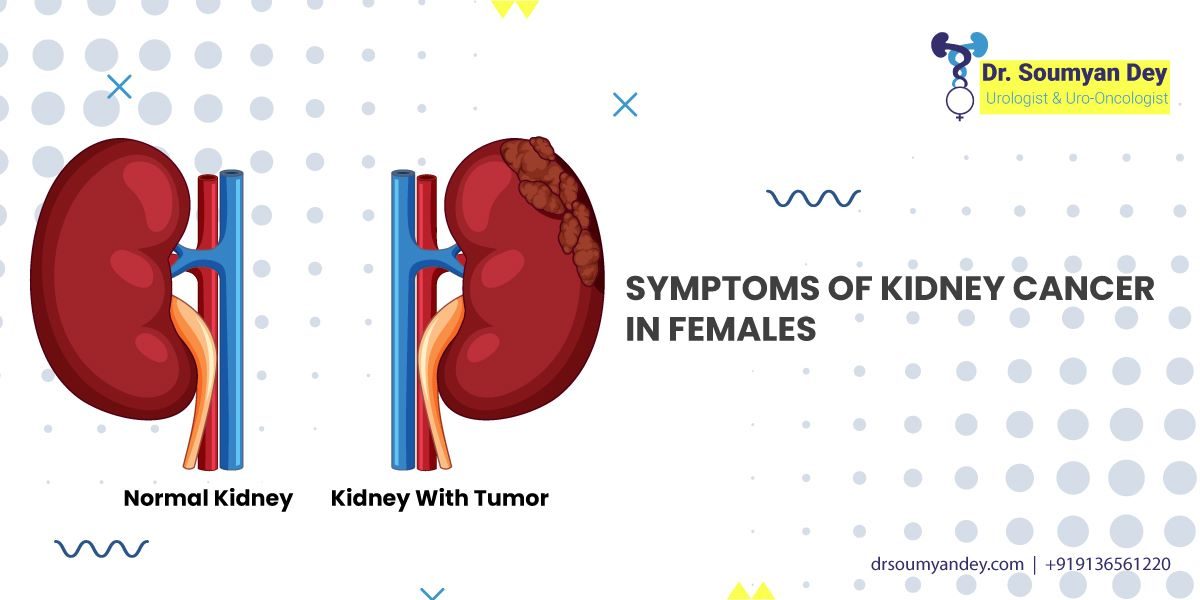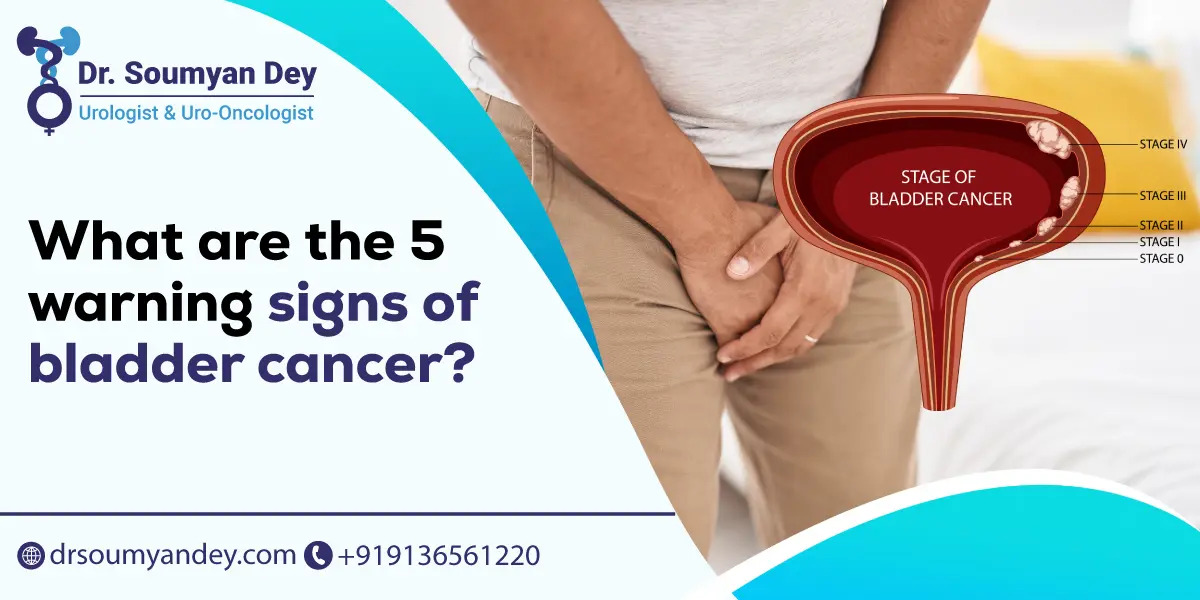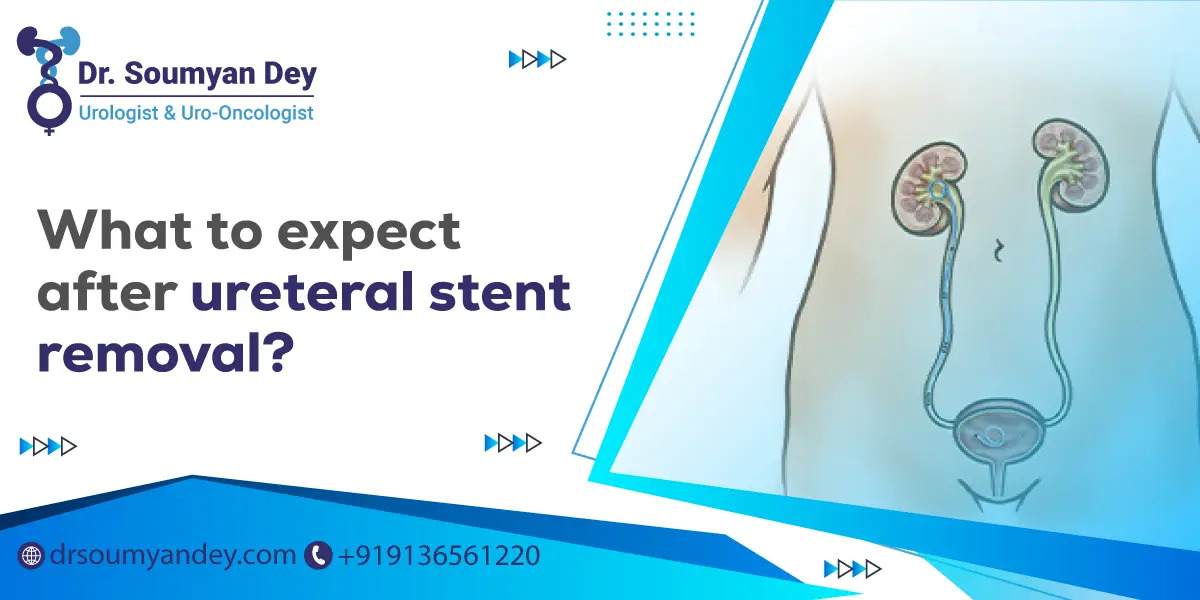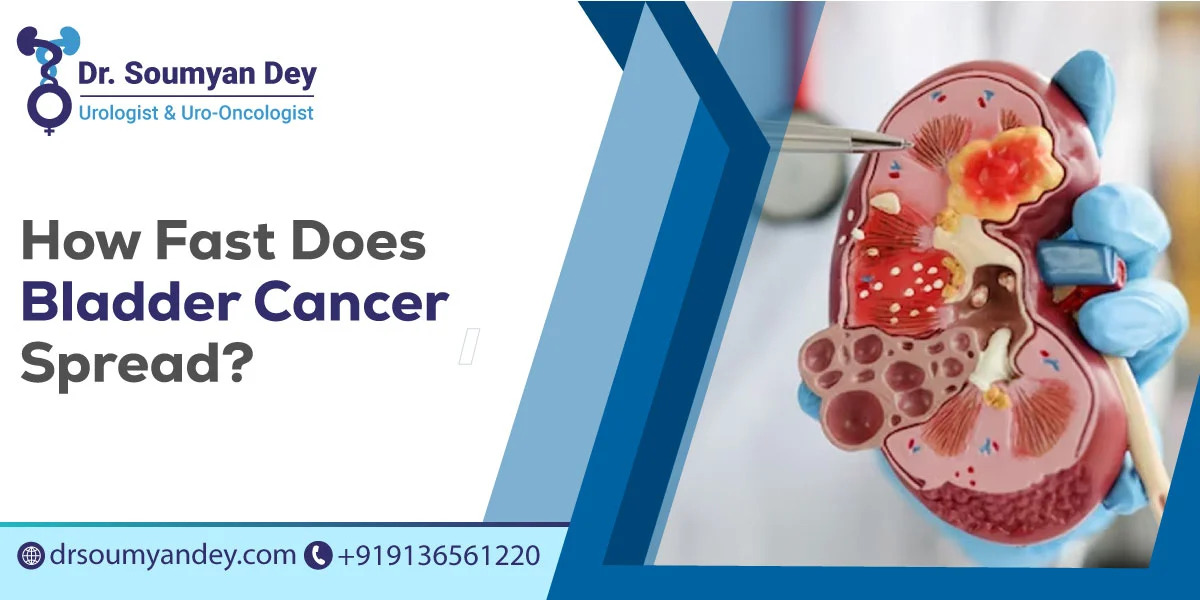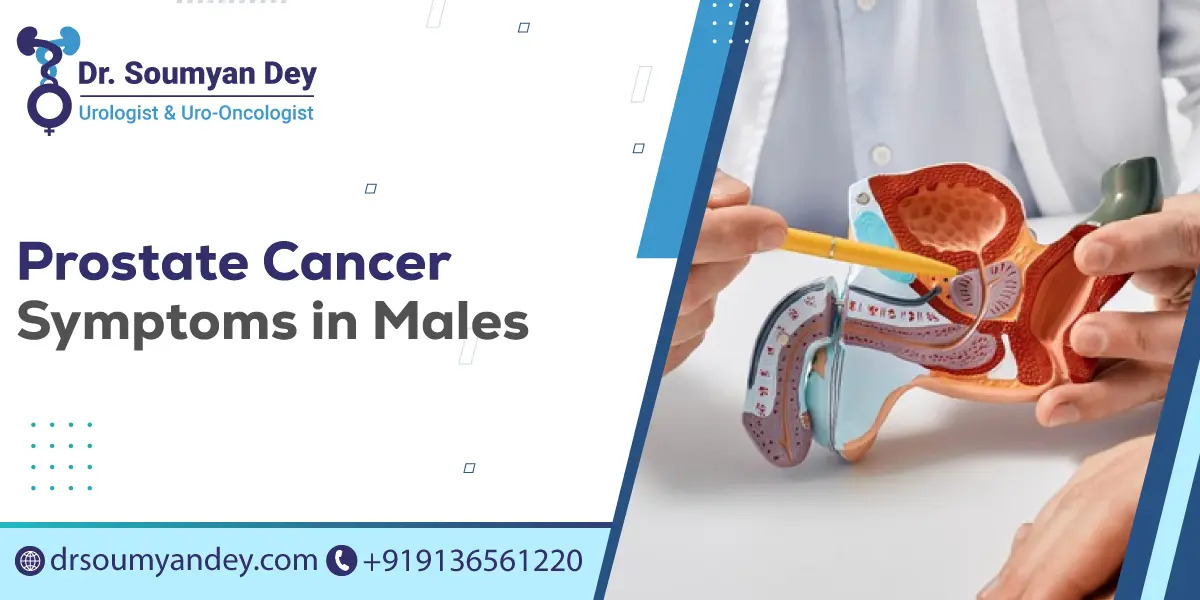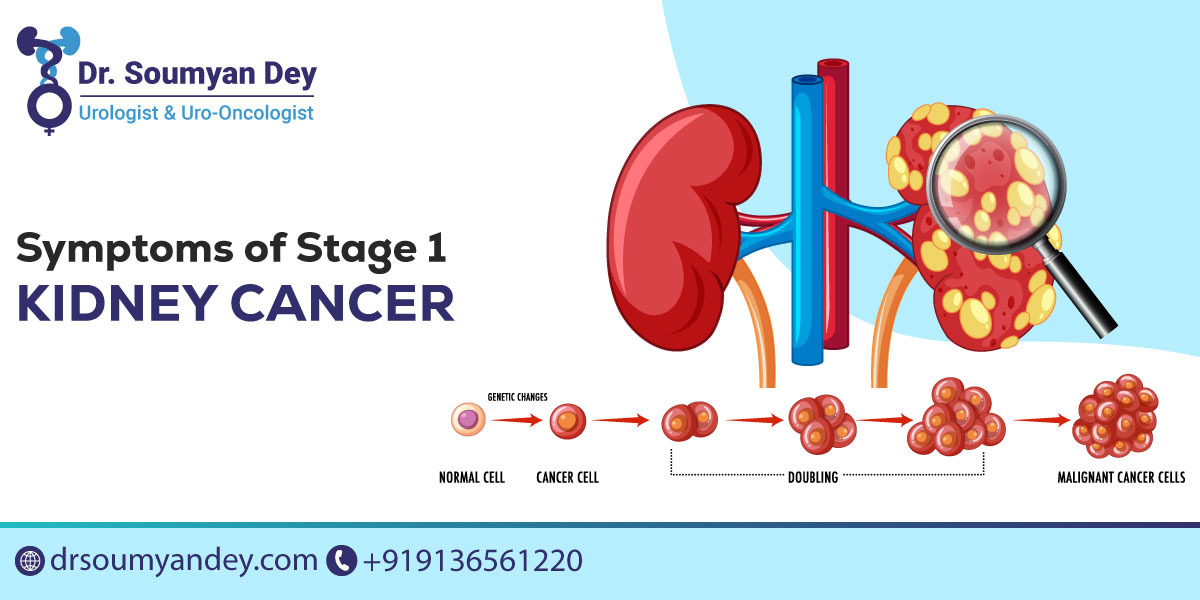Symptoms of Kidney Cancer in Females
Kidney cancer occurs due to the unusual growth or multiplication of the cells in your kidneys. Like other cancers, the abnormal growth of cells in your kidney can form a tumor over time. Kidney cancer specialists in Navi Mumbai advise that early detection is vital to effective treatment.
That’s because the cells do not multiply outside the kidneys in the first few stages of kidney cancer. It’s easier to treat them. However, if the growth affects your vital organs and spreads throughout the body, it will become metastasis, which can be life-threatening.
Causes of Kidney Cancer in Females
The exact causes of kidney cancer are unknown, but a few factors can contribute to an increased risk of this disease.
- Smoking
- Obesity
- Hypertension
- Gene mutation
- A history of cancer and radiation therapy
- An ongoing dialysis treatment
Some kidney tumors are benign, meaning they don’t spread to nearby organs. They don’t grow aggressively. So, the best treatment for such tumors is their surgical removal.
Symptoms of Kidney Cancer in Females
Kidney cancer in females often remains undiagnosed initially, until the cancer starts growing aggressively. You might notice these symptoms as the cancer grows.
- A lump in your kidney
- Fatigue
- Hypertension
- An unexplained weight loss
- Anemia
- Bone pain
- Loss of appetite
Symptoms start getting worse as the tumor grows.
Also Read: What are the top treatments for kidney cancer?
Diagnosis and Treatment Options
Your urologist will check your medical history or family history to know your risk of developing kidney cancer. For the diagnosis, they might order a few tests, like urinalysis. It collects your urine sample to detect traces of the blood in your urine. The doctor might advise other tests, like blood tests, CT scans, MRIs, ultrasounds, and renal mass biopsies to detect abnormal growth of the kidney cells.
Tips for Managing Kidney Cancer in Females
Kidney cancer treatment in Navi Mumbai depends on the grade of cancer, i.e. how rapidly it’s growing and where it has spread so far. Surgery is suitable for benign tumors. It can be performed in conjunction with chemotherapy, immunotherapy, and radiation therapy if you are diagnosed with the last stages of cancer.
Sometimes, your urologist might recommend ablation, which involves destroying the cancer cells with heat and cold therapy. The doctor either freezes the cell or uses an electric current to destroy them. Immunotherapy is a procedure that boosts your immune system, which in turn, kills the cancer cells. Chemotherapy might be needed if the cells have spread outside the kidneys.
Here’s what can help reduce the risk of this cancer in females:
- Quit smoking and limit your alcohol consumption
- Work on your weight. Obesity increases the risk of developing cancer, so keep your weight in check.
- Keep your blood pressure under control
Conclusion
Females are less likely to develop kidney cancer than men. The risk of developing this cancer increases with age and is mostly reported in patients above 60 years. Children are rarely diagnosed with kidney cancer, however, some children develop Wilms Tumor (a form of kidney cancer). See a urologist if you notice the above symptoms. The sooner it’s detected, the easier it is to treat.

